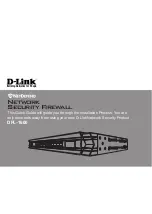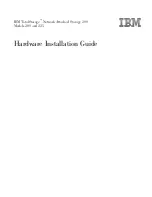
Page 67 of 80
i n t e l l i g e n t w i r e l e s s p l a t f o r m
airHaul™ Nexus User Guide
7.4. Link Budget Planning
Link Budget Planning is a very useful tool for link budget estimation. The Link Budget Planning
Calculator can be accessed from the navigation menu bar ’Tools| Link Budget Planning Calculator’
drop down menu.
A GPS Calculator is provided in the Link Budget Planning Calculator page to calculate the distance
between two airHaul stations. To calculate the distance, follow the steps below:
1. Enter the GPS co-ordinates of Station 1 (Latitude 1 and Longitude1) and Station 2 (Latitude 2
and Longitude 2). GPS co-ordinates may be entered in DD: MM:MM or DD: MM: SS.SS
formats.
2. Select the distance units (miles or kilometers).
3. Click
the
’Compute Distance’
button.
4. The distance between the two stations will be displayed in the Distance box as in Figure 7-9.
Figure 7-11 Link Budget Planning Calculator GPS Calculator
Once the distance is computed, user can do the link budget calculations as follows:
1. Select the radio mode for station 1 and 2.
2. Enter the transmit output power in dBm for station 1 and 2.
3. Enter the antenna Gain in dB for station 1 and 2.
4. Enter the Cable Losses in dB for station 1 and 2.
5. Click
the
’Compute Link Budget’
button to calculate the link budget information.
6. The link budget information will be displayed as in Figure 7-10.
The link budget information EIRP, Free Space Loss and Theoretical RSSI are computed and
displayed.
The Receive Sensitivity, Maximum Transmit Power, System Gain and Available Fade Margin at
various Link Speeds are also computed and displayed in a table.
Ideal fade margin for a link is between 10 dB to 20 dB for a stable link base on the environmental
condition of a region.
Fresnel Zone Clearance Required will also be displayed.














































